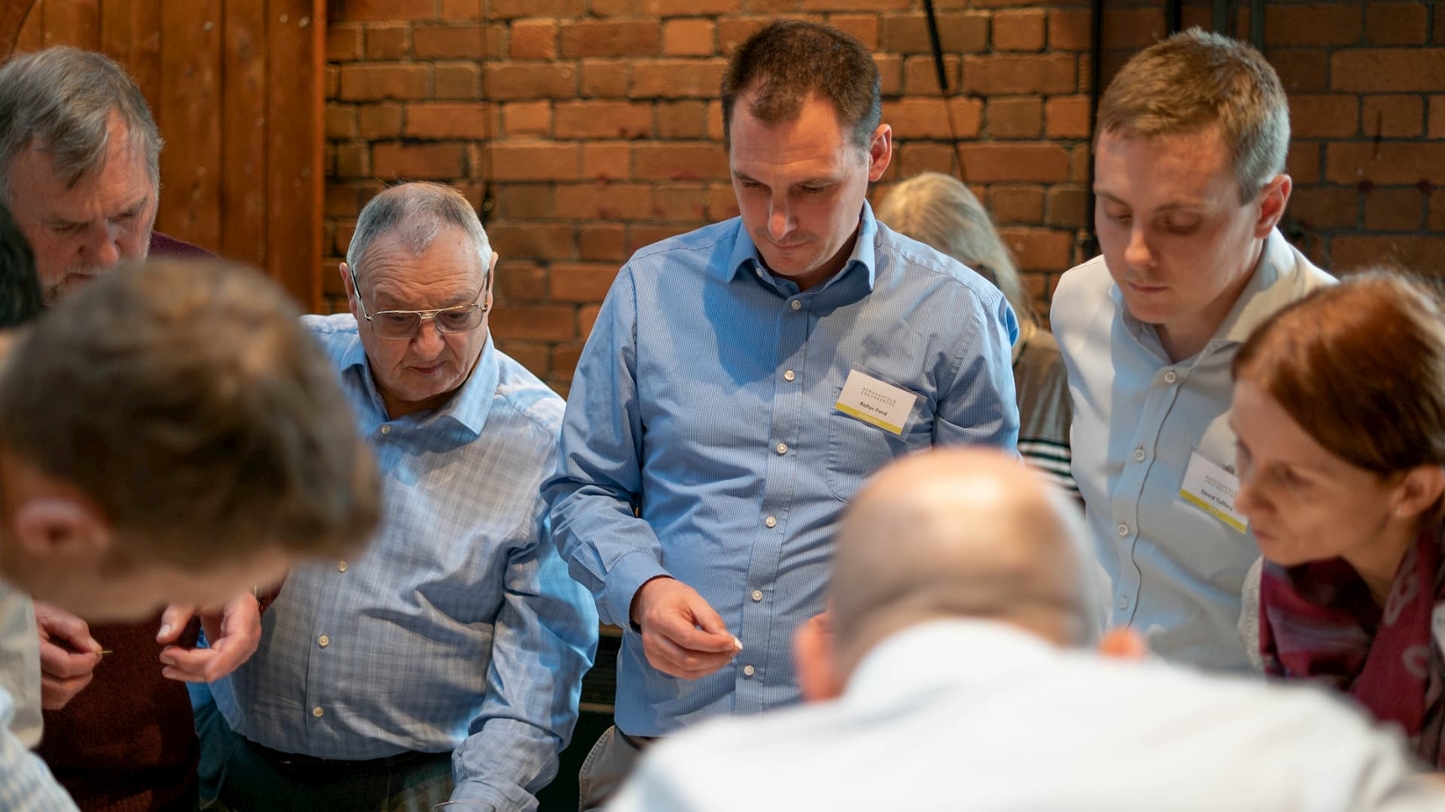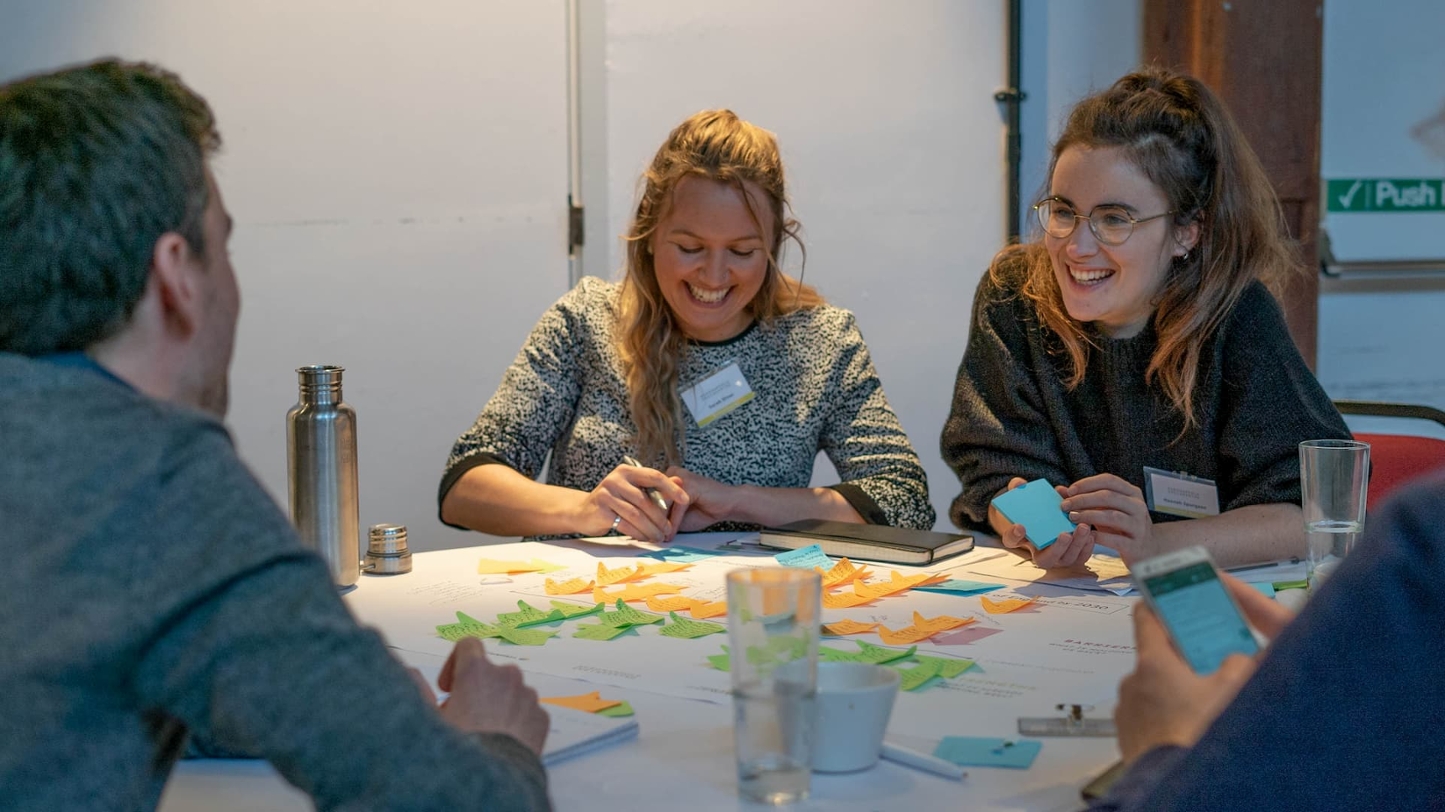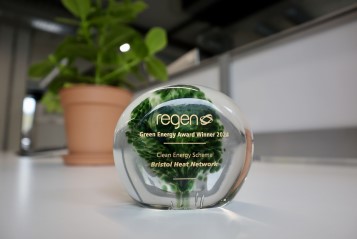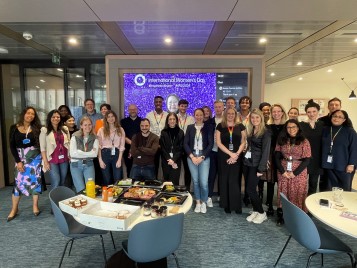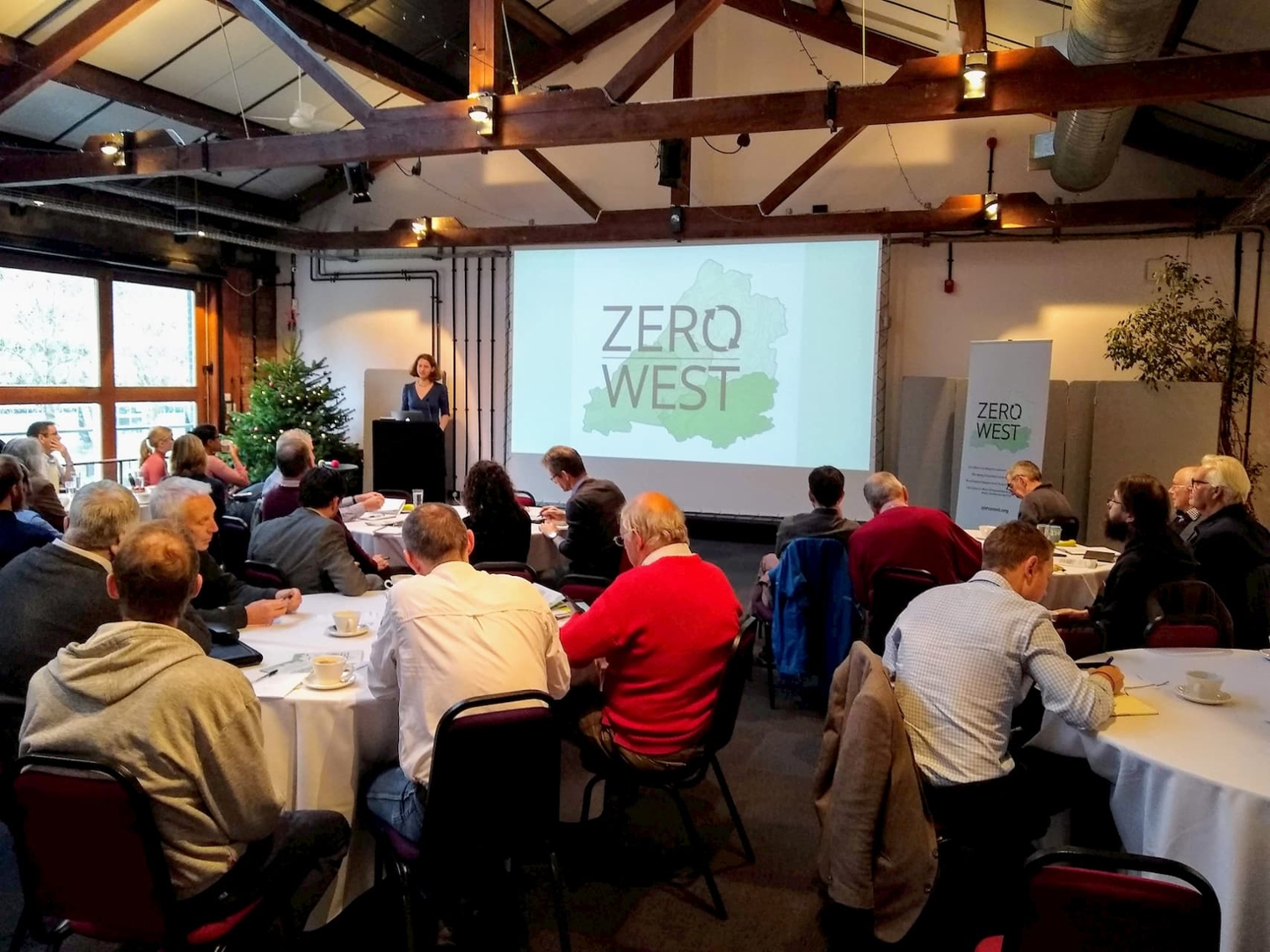
Zero Carbon Heat in the West of England by 2030?
Burohappold and Zero West ran a fascinating event on Tuesday 26th November, sponsored by Vattenfall, looking at how to decarbonise heat in the West of England region.
Punchy and inspiring talks addressing the wider context of climate change and the urgency of cutting greenhouse gas emissions kicked off the day. Around the room consensus was reached (without hesitation) that the emissions associated with heat are a large and complex part of the problem and therefore changing our heating solutions is integral to tackling climate change.
Striking analysis was presented showing what would need to happen in Bristol to achieve zero carbon heating by 2030, involving Copenhagen levels of heat networks and huge investment in heat pumps for those buildings not connected to the heat network, plus insulation. This largely electrified scenario relies on grid decarbonisation, but cities can contribute to this by providing smart, flexible loads. Local grids will need to be upgraded rapidly. It is possible for the West of England (WoE) region to produce the amount of electricity that would be needed to electrify heat across the year. However demand and supply would not match at all times, implying a need for storage and interconnection rather than an energy island approach for the region. This scenario, or any heating scenario would be challenging to implement in time to meet current WoE targets, and action needs to be taken now in order for the WoE to overcome environmental, social and economic hurdles to de-carbonising heat in the WoE.
Five minute pitches showed inspiring work going on already in the region, including: improving energy efficiency in homes; piloting the use of hydrogen for heat; using renewables to decarbonise agricultural businesses and drive similar improvements through supply chains; community engagement and tackling fuel poverty; and new heat-as-a-service business models.
Participants from all over the area and with a variety of expertise spent the afternoon considering actions that could boost drivers for, and reduce barriers to, heat decarbonisation. This will culminate in an action plan from Zero West. Some observations from the conversations Vattenfall were involved in include (in no particular order):
- Whatever the target date for decarbonisation, the next steps look very similar, so making actions discussed on the day a reality will be the only way towards a de-carbonised future;
- Public engagement will be a crucial and continuous part of decarbonising the WoE;
- The impressive range of organisations in the room provided multiple perspectives on the problem, therefore conversations were interesting with many stakeholders being considered at every point;
- The pathway to de-carbonisation incurring the least cost does not necessarily translate to a commercially viable and readily investible project. The relatively low cost of natural gas, for example, makes the business case for alternatives challenging;
- The scale of the challenge represents a major investment opportunity, but also a need to rapidly build supply chains and effectively develop skills to support the transition to low carbon heat; and
- Clearly policy changes will be needed to provide part of the essential drive to de-carbonisation of heat. These will have to strike the right balance between national framework and local decision making.
We are excited and inspired by the organisations present last week and look forward to sharing the journey towards de-carbonisation with them, and others, to achieve the crucial task of zero carbon heat.
Third year industrial placement student Hannah Spurgeon contributed to this article.

